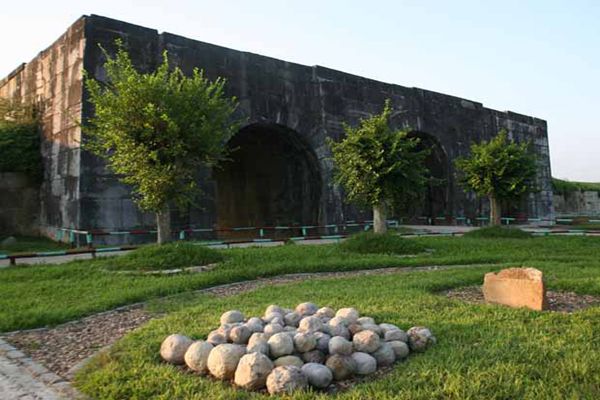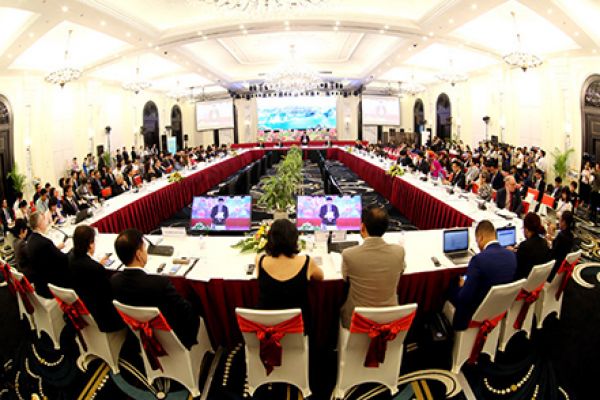Many scientists and managers from different countries delivered more than 74 speeches focused on the change in socio-economic conditions and the preservation of gong culture in Vietnam and in Southeast Asia.
The speeches all confirmed that gong cultures in Vietnam and in other Southeast Asian countries share essential similarities, which have a deep influence on the socio-economic aspects of each country.
The presentations also mentioned measures to preserve and build on these cultural values. Some scientists held that such preservation should be community-based and incorporated into the curricula of schools, especially those in areas inhabited by ethnic minority groups, for the sake of sustainable cultural development.
Vietnamese professor To Ngoc Thanh said that it is vital to pay attention to and nurture artisans as human treasures. Meanwhile, Dr Hiroshi Hoshino shared Japan’s experience of implementing its government laws on protecting cultural assets since 1950.
Vietnam’s space of gong culture in the Central Highlands (Tay Nguyen) was recognized by UNESCO as intangible cultural heritage in 2005.









(84-63) 3 826042 – (84-63) 3 511142
No 54 Nguyen Dinh Chieu, Ham Tien Central Mui Ne Beach Binh Thuan Vietnam
523 To Hien Thanh District 10 Ho Chi Minh City Vietnam
Ha Long Halong City Quang Ninh Vietnam
A13 Hung Thong 2 Halong City Quang Ninh Vietnam




